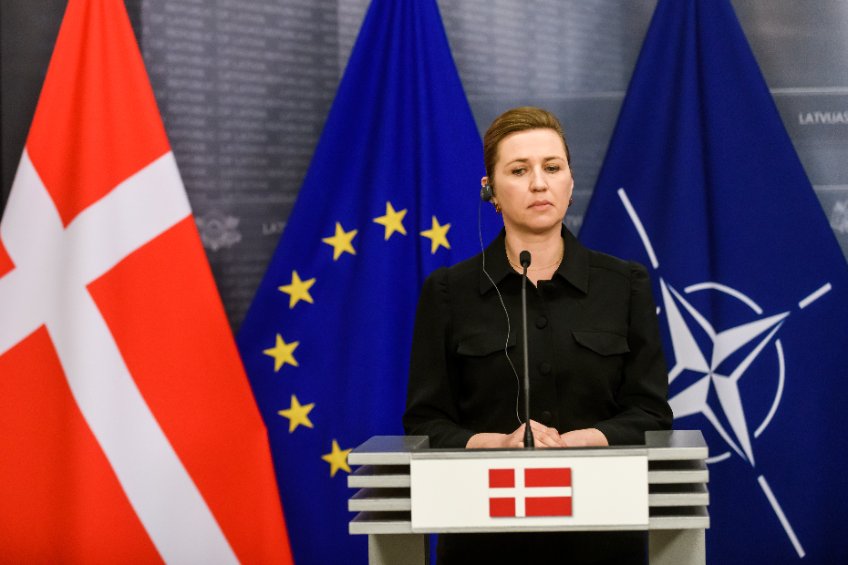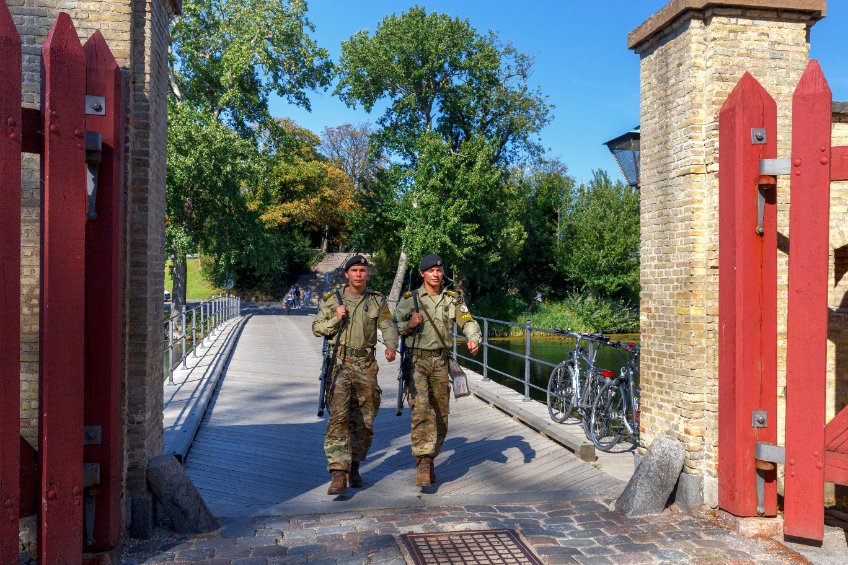Is Denmark part of NATO?

Is Denmark part of NATO?
Why did Denmark join NATO?
Denmark and NATO
Is Denmark in NATO? – Yes, Denmark is in NATO.
Why did Denmark decide to join NATO? Frankly, this was not an easy decision. In fact, only after several months of high-level discussion was it finally decided, in 1948-49, that Denmark would join NATO. Other options were on the table, such as a Danish Alliance which would be entered into with other Scandinavian countries to form a Scandinavian Defense Union. Unfortunately, there were too many challenges to overcome. That is why, after months of deliberations, Denmark joined NATO. Denmark has always preferred to remain neutral but that did not prevent Germany from occupying Denmark in early 1940. Nevertheless, if there was sufficient safety in a Scandinavian solution and if that option were able to protect the country from the Soviet Union and other threats, then that route would have been taken. It was determined that only NATO would be able to provide the kind of protection that would ensure Denmark’s long-term safety.
The primary objective
The people of Denmark have always valued peace. Maintaining peace decade after decade has been highly desirable to the Danish people. It must never be forgotten that although Denmark is relatively small, it is incredibly important strategically. This is because Denmark is literally a bridge between the south and north of Europe. It also provides or denies access to the Faroe Islands, Greenland, and the Baltic Straits. This is what makes Denmark so valuable to the NATO alliance. After decades of complete commitment to neutrality, the Danish parliament voted in favor of joining NATO. It was not easy to make that important transition from neutrality and to meet all of NATO’s expectations. In fact, this issue was frequently discussed within the alliance. Yet, Denmark understood the critical role it had to play. This was why, during the later part of the Cold War, it was one of the most active and reliable member nations in the alliance.
The Scandinavian bond
The countries of Sweden, Norway, Iceland, and Finland are very close Nordic neighbors. Between them, they share an extraordinary amount of history. Through the centuries, they have occasionally occupied each other’s territories. There were also numerous agreements on a range of important issues involving shared cultural links and economic cooperation. In light of these facts, it can be readily understood why the first option that Denmark investigated was the one involving a Scandinavian Defense agreement. All of this changed with the two world wars, which showed that neutrality provided insufficient protection. Therefore, other options had to be considered. Neutrality and the League of Nations failed to ensure peace, and the occupation by Germany clearly showed that neutrality was simply not enough deterrence against a determined aggressor. For long-term peace, the country had to look elsewhere. Membership in NATO was chosen as the only sensible route. After 70 years, one can reasonably conclude that Denmark ultimately made the best choice under the circumstances when it decided to join NATO.
Military in Denmark
・Under the Danish Constitution and the Danish Conscription Act, conscription is compulsory for all physically fit men over the age of 18 in Denmark. Women may join the armed forces but are not obliged to be drafted. Men in Greenland and the Faroe Islands are not required to serve as conscripts because they are under Danish territory and protected by Danish defense.
・The objectives of the armed forces in Denmark are the prevention of conflict and war, the maintenance of Danish sovereignty, and the promotion of peaceful development in the world with regard to human rights. The missions include participation in the North Atlantic Treaty Organization (NATO) in accordance with the alliance strategy, repelling all violations of sovereignty in Danish territory (including Greenland and the Faroe Islands), defense cooperation with non-NATO members, especially those in Central and Eastern Europe, international deployment in conflict prevention, crisis management, humanitarian, mediation, peacekeeping, as well as participation in general defense, cooperation with the general public, and the maintenance of a constant war effort to carry out these missions.











